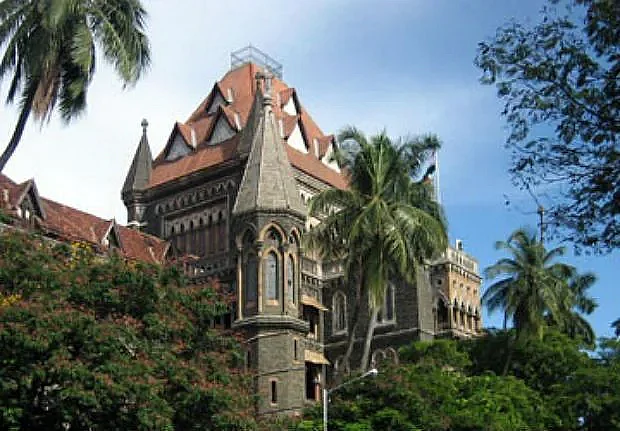Even though a husband and wife do not share the matrimonial house immediately after the marriage and the wife is subjected to cruelty, the woman can nevertheless be “a victim of domestic violence” (DV), observed the Bombay High Court while rejecting the petition by husband and his parents seeking quashing of DV Case filed against them.
Disagreeing with the man’s contention that DV complaint cannot be filed as they did not reside in the same household, justice NJ Jamadar rejected his petition observing: “The edifice of the submissions, thus, gets dismantled.”
The HC was hearing a petition filed by man challenging the January 2021 order of the metropolitan magistrate at Bandra dismissing his application for quashing of the DV complaint.
The man and woman got engaged in May 2018. In August 2018, the man’s family broke off the engagement citing astrological incompatibility of the horoscopes. The woman claimed that another reason for calling off the engagement was that her parents were unable to meet their demand of Rs 1 crore to host a grand reception ceremony at Lonavala.
However, they secretly got married in November. But after the marriage, the woman alleged that the man subjected her to physical and mental harassment and abuse. He even started avoiding her since she went back to stay with the parents. Frustrated, the woman filed a complaint before the magistrate at Bandra under the DV Act.
The man filed an application before the magistrate seeking dismissal of the DV complaint stating that she “ never resided in the matrimonial home” and thus, they were “never in a domestic relationship”.
JA Udaipuri, advocate for the man, argued that since the woman has instituted a petition “seeking restitution of conjugal rights, by no stretch of imagination, can it be urged that the Respondent No.2 (woman) was subjected to domestic violence, as the prayer for restitution of conjugal rights cannot co-exist with allegations of domestic violence”. He further contended that between the period of their “surreptitious marriage” in November 2018 and their disclosing the same to his parents in January 2019, they never resided together.
Her advocate R Satyanarayanan argued that the man’s contention that DV case is not maintainable since they did “not reside in a shared household” would “defeat the very object of enacting the DV Act”. Their marriage cannot be disputed since the man has filed a petition for annulment of the marriage. He even countered the man’s claim that they never resided together.
Citing a Supreme Court judgment, the HC said that the expression “shared household” cannot be restricted only to household where a person aggrieved resides or at any stage resided in a domestic relationship.
“There may also be cases where soon after marriage, the husband goes to another city owing to a job commitment and his wife remains in her parental home and nevertheless is a victim of domestic violence. She has the right to remain in her parental home as she would be in a domestic relationship by consanguinity,” said the HC citing the SC judgment.
The HC also took exception to the allegation by the man’s family that the one of the woman’s parent and a relative was involved in human trafficking. “This stand of the Petitioners (if found untrue) and the consequent conduct of the Petitioners especially Petitioner Nos.2 and 3 (man’s parents), in resisting and excluding the Respondent No.2 from matrimonial home, has the propensity to fall within the mischief of domestic violence, under the DV Act, 2005,” added justice Jamadar.

(To receive our E-paper on whatsapp daily, please click here. To receive it on Telegram, please click here. We permit sharing of the paper's PDF on WhatsApp and other social media platforms.)





